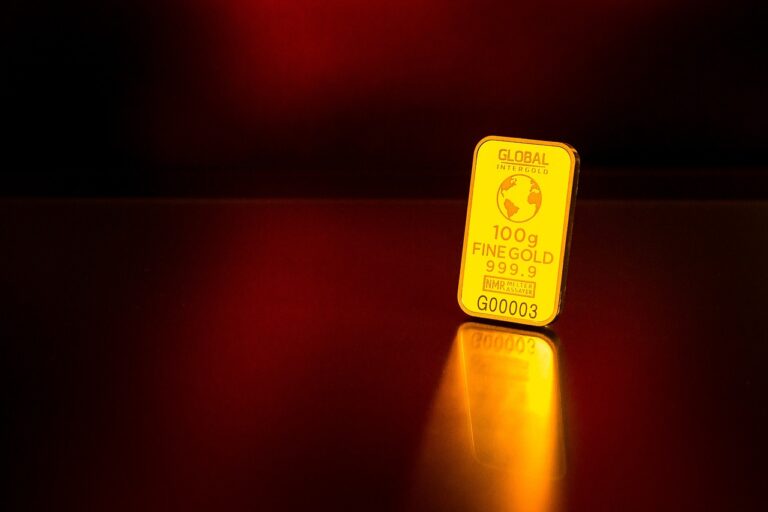The Role of Souvenirs in Promoting Tourism: All pannel.com, Play99, Golds 365
all pannel.com, play99, golds 365: When you visit a new place or embark on a journey, what is one thing that you always bring back home with you? Souvenirs, of course! Souvenirs play a crucial role in promoting tourism by creating lasting memories and spreading awareness about different destinations. Let’s dive into the significance of souvenirs in promoting tourism.
Memory Preservation
Souvenirs serve as tangible reminders of our travel experiences. Whether it’s a keychain, a postcard, or a piece of local artwork, souvenirs help us preserve memories of our trips long after we return home. These mementos allow us to reflect on the places we’ve visited and the experiences we’ve had, keeping those memories fresh in our minds.
Cultural Exchange
Souvenirs also play a vital role in promoting cultural exchange. When travelers purchase local handicrafts or traditional products as souvenirs, they are not only supporting the local economy but also engaging with the culture of the destination. By bringing home souvenirs that reflect the unique traditions and customs of a place, travelers help spread awareness and appreciation for different cultures.
Destination Promotion
Souvenirs act as miniature advertisements for a destination. When travelers display their souvenirs in their homes or gift them to friends and family, they are essentially promoting the place they visited. Souvenirs with the name or symbols of a destination can spark curiosity and interest in others, potentially inspiring them to visit the same place in the future.
Economic Benefits
The sale of souvenirs serves as a significant source of revenue for local businesses in tourist destinations. By purchasing souvenirs, travelers support small-scale artisans, craftspersons, and entrepreneurs who create these products. This economic benefit helps sustain local communities and encourages the growth of tourism-related industries.
Emotional Connection
Souvenirs help travelers forge emotional connections with the places they visit. Whether it’s a trinket that reminds them of a special moment or a piece of clothing that captures the essence of a destination, souvenirs evoke memories and emotions that deepen the bond between travelers and the places they explore.
Environmental Sustainability
In recent years, there has been a growing focus on sustainable tourism practices, including the production and sale of eco-friendly souvenirs. Many destinations are now offering environmentally conscious souvenirs made from recycled materials or sustainable resources. By choosing these eco-friendly options, travelers can support sustainable tourism practices and contribute to environmental conservation efforts.
In conclusion, souvenirs play a multifaceted role in promoting tourism. They preserve memories, facilitate cultural exchange, promote destinations, support local economies, create emotional connections, and contribute to environmental sustainability. So, next time you travel, don’t forget to pick up a souvenir that captures the spirit of your journey and helps promote tourism in the destinations you visit.
FAQs:
Q: Are souvenirs only meant for personal use?
A: While souvenirs are often purchased for personal use to commemorate trips, they can also be gifted to others to share the travel experience.
Q: How can I ensure that the souvenirs I purchase are authentic?
A: To ensure authenticity, look for souvenirs made by local artisans or businesses that support the community. Avoid mass-produced items that lack a genuine connection to the destination.
Q: Are there any ethical considerations to keep in mind when buying souvenirs?
A: Yes, it’s essential to be aware of ethical considerations when purchasing souvenirs, such as avoiding products made from endangered species or supporting unethical labor practices. Choose souvenirs that align with sustainable and ethical principles.







